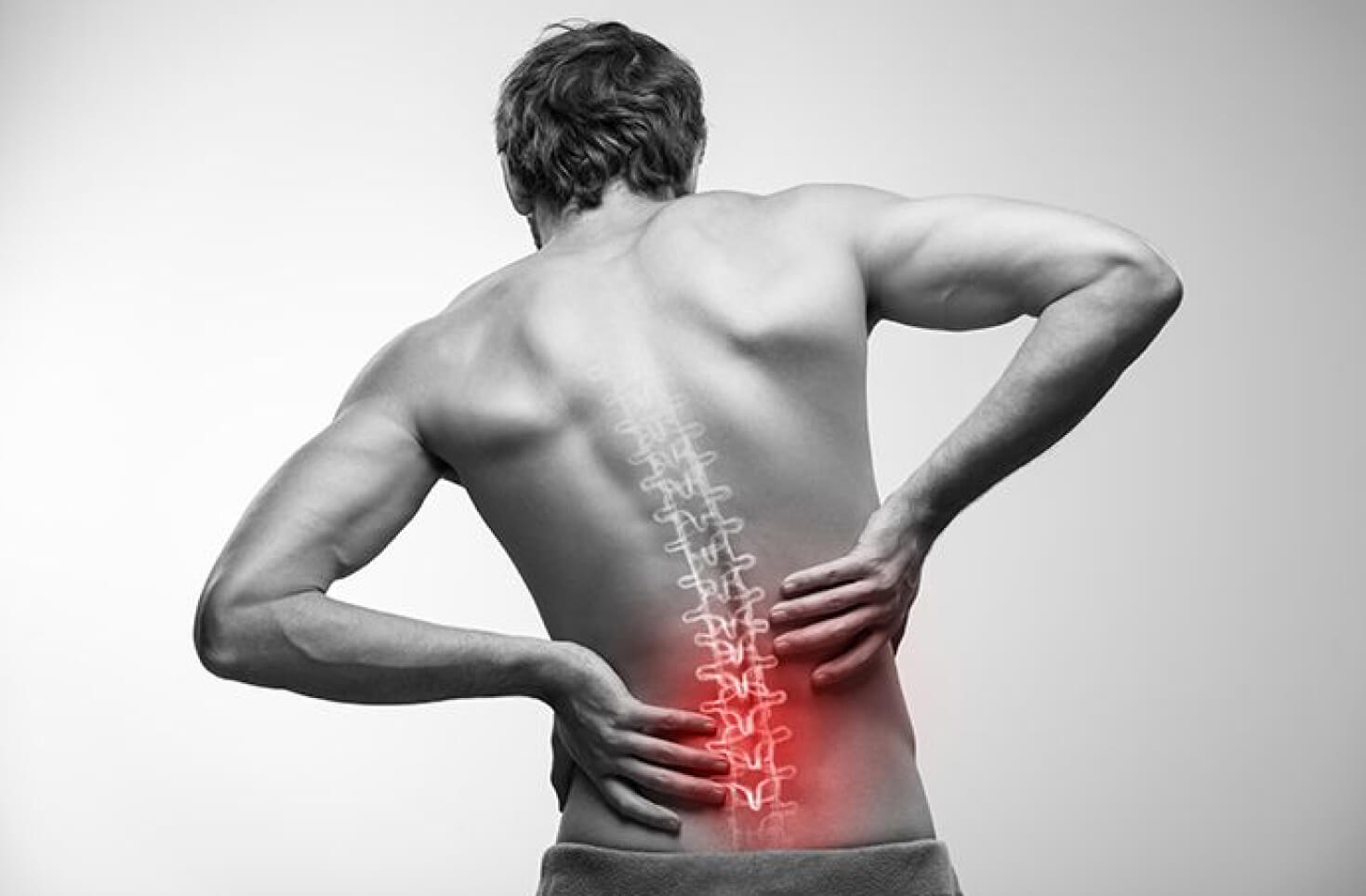Degenerative Disc Disease Symptoms By Severity
Degenerative Disc Disease (DDD) is a condition that commonly affects the spine as people age, although it can also occur in younger individuals. It is characterized by the deterioration of the discs that cushion the vertebrae of the spine. The progression of Degenerative Disc Disease can vary greatly among individuals, and understanding its symptoms is crucial for timely diagnosis and effective treatment.
Mild Cases: Initial Symptoms and Discomfort
In mild cases of DDD, the symptoms are often subtle and may be overlooked as general discomfort or age-related aches. Individuals might experience occasional back or neck pain, especially after physical activities that strain the spine, such as lifting heavy objects or engaging in high-impact sports. This pain is usually not constant and might be described as a dull ache or a sense of tiredness in the spinal area. There is often stiffness in the back or neck, particularly noticeable in the morning or after periods of inactivity. This stiffness generally lessens with movement as the day progresses.
Moderate Cases: Increased Pain and Nerve Involvement
As the disease progresses to moderate severity, the symptoms become more pronounced and persistent. The pain is no longer just an occasional discomfort but a regular part of daily life, often affecting the individual’s ability to perform certain activities. This pain can become more pronounced with movements like bending, lifting, or twisting. The nature of the pain might also change, with individuals reporting a sharper, more intense pain. In addition to localized pain in the back or neck, individuals might start experiencing radiating pain. This occurs when the degenerating discs begin to affect the nerve roots in the spine.
Severe Cases: Chronic Pain and Mobility Issues
As DDD becomes severe, the impact on the individual’s quality of life can be significant. The pain can become chronic and debilitating, not just interfering with specific activities but also affecting general mobility and comfort. The severity of the pain might require stronger pain medications, and it might become less responsive to treatments that were previously effective. In addition to pain, there might be a noticeable decrease in the range of motion, with the spine becoming less flexible.
Advanced Stages: Major Complications and Neurological Symptoms
In the most advanced stages of Degenerative Disc Disease, the symptoms can become extremely challenging. Constant, intense pain that is difficult to manage can become a central part of the individual’s life. The degenerating discs might herniate, leading to increased pressure on the spinal nerves and more severe pain and neurological symptoms. In some cases, there might be signs of spinal instability, where the spine does not maintain its normal alignment or function, potentially leading to more severe complications.
Emotional and Psychological Impact
The emotional and psychological impact of living with chronic pain and reduced mobility due to DDD should not be underestimated. Chronic pain can lead to a range of emotional responses, including stress, anxiety, depression, and a sense of isolation. The limitations imposed by the disease can affect one’s work life, social activities, and personal relationships, adding to the psychological burden.
Treatment and Management: The Nerve & Disc Institute
In terms of treatment, early intervention and a comprehensive management plan are critical in managing the symptoms of DDD and improving the quality of life. The Nerve & Disc Institute, with locations in Clinton Township, Farmington, and Grand Blanc, MI, specializes in treating conditions like DDD. They offer a variety of non-surgical treatment options aimed at alleviating pain, improving mobility, and slowing the progression of the disease.
Conclusion
In conclusion, Degenerative Disc Disease is a progressive condition that can significantly impact an individual’s life, from mild discomfort in its early stages to severe pain and disability in its advanced stages. Understanding the symptoms and seeking timely medical advice are essential for managing this condition effectively. Clinics like The Nerve & Disc Institute play a vital role in providing specialized care and support to individuals suffering from DDD, helping them maintain an active and fulfilling life despite the challenges posed by this condition.
